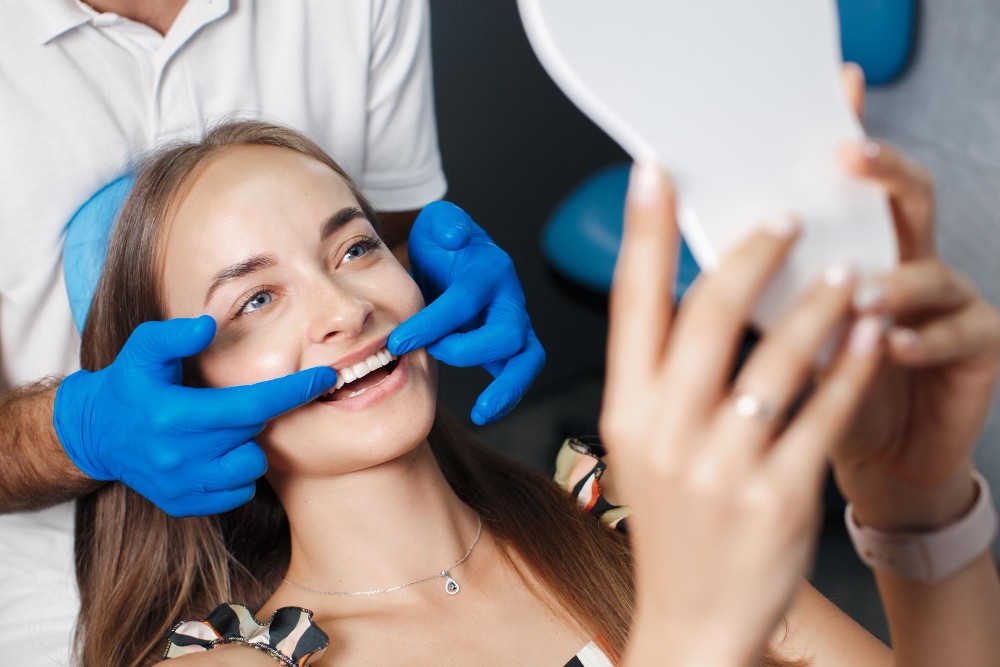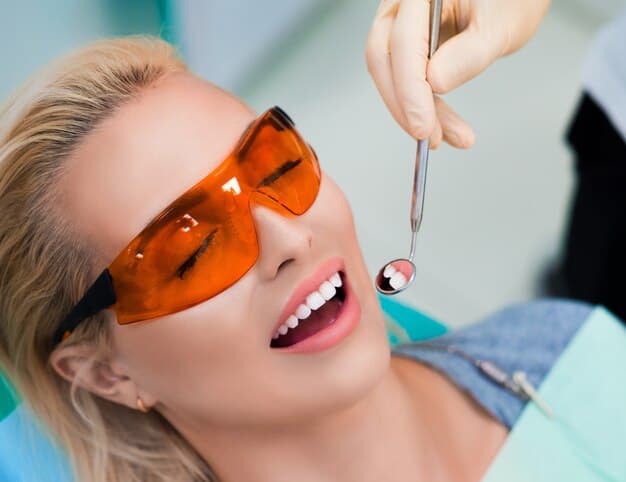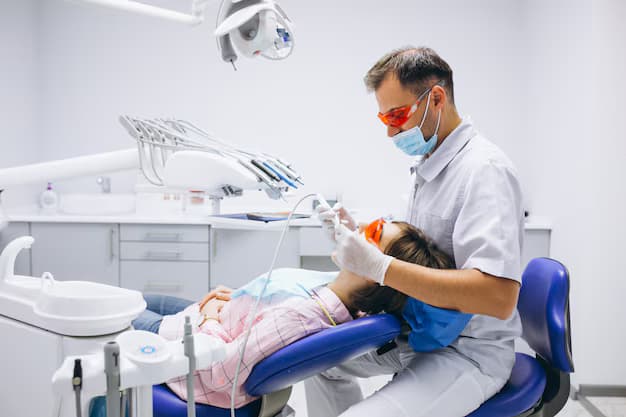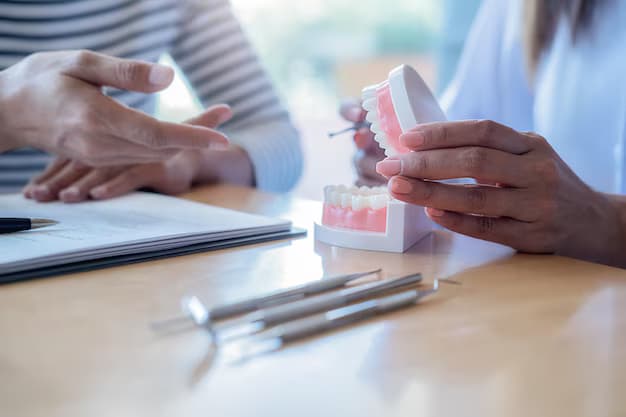Introduction
Teeth whitening is a popular cosmetic dental procedure that can give you a brighter, more confident smile. However, it’s essential to take proper care of your teeth after the treatment to maintain the results. One common question that arises after teeth whitening is, “How long after teeth whitening can I eat normally?” In this blog post, we’ll provide you with the answers and discuss the foods you can safely consume after teeth whitening.
What Is Teeth Whitening?
Teeth whitening is a cosmetic dental procedure aimed at lightening the color of the teeth, removing stains and discoloration, and enhancing their overall appearance. It is a non-invasive treatment that can be performed either at a dental office or in the comfort of your own home using over-the-counter products or dentist-prescribed kits.
Benefits of Teeth Whitening
Teeth whitening offers several benefits beyond just achieving a brighter smile. Let’s explore some of the advantages of teeth whitening treatments:
1. Enhanced self-confidence: A whiter smile can significantly boost self-confidence and improve one’s overall appearance.
2. Youthful appearance: Teeth whitening can create a more youthful appearance by reversing the effects of discoloration and stains.
3. Positive first impressions: A bright smile can leave a lasting positive impression in personal, social, and professional interactions.
4. Increased attractiveness: Whiter teeth are often associated with attractiveness, making teeth whitening an appealing option for many individuals.
Understanding the Post-Whitening Period
After a teeth whitening treatment, it’s crucial to allow your teeth time to recover and avoid certain foods and beverages that can stain or damage the newly whitened enamel. The immediate period following teeth whitening requires extra caution to preserve the results and prevent any unwanted discoloration.
How Long Should You Wait Before Eating Normally?
The duration for which you should wait before eating normally after teeth whitening varies depending on the type of whitening treatment you’ve undergone. Here are some general guidelines:
1. In-Office Teeth Whitening: If you’ve had a professional teeth whitening treatment at the dentist’s office, you may need to wait for about 24 to 48 hours before resuming your regular eating habits. During this time, your teeth are more susceptible to staining, and certain foods should be avoided.
2. At-Home Teeth Whitening Kits: For over-the-counter teeth whitening kits or custom-made trays provided by your teeth whitening dentist, the waiting period is typically shorter. You may be advised to wait for at least an hour before consuming any food or drink.
What to Eat after Teeth Whitening?
While you may have to wait for a specific period before eating normally, there are still some food options available to satisfy your hunger without jeopardizing your whitening results. Here’s a list of foods you can eat after teeth whitening:
1. Soft Foods: Opt for softer foods, you can eat after teeth whitening that won’t require excessive chewing. Examples include mashed potatoes, yogurt, smoothies, soups, and cooked vegetables. These options are gentle on your teeth and won’t cause any discomfort or damage to the enamel.
2. White Meats: Lean proteins such as chicken, turkey, and fish are excellent choices after teeth whitening. They provide essential nutrients without posing a risk of staining your teeth.
3. Non-Acidic Fruits: Stick to non-acidic fruits like bananas, melons, and pears. These fruits are less likely to cause sensitivity or affect your whitening results.
4. Water: Hydration is essential for maintaining oral health and preventing stains. Drinking water, especially fluoridated water, not only helps wash away any residual food particles but also promotes saliva production, which aids in protecting your teeth.
Foods to Avoid After Teeth Whitening
To safeguard your newly whitened teeth, it’s crucial to steer clear of certain foods and beverages that can stain or damage your enamel. Here are some examples:
1. Dark-Colored Foods and Drinks: Avoid consuming dark-colored foods and drinks such as coffee, tea, red wine, soy sauce, berries, beets, and dark chocolate. These items can cause staining and compromise the results of your teeth whitening treatment.
2. Acidic Foods: Acidic foods like citrus fruits, tomatoes, and vinegar can temporarily weaken your enamel and increase tooth sensitivity. It’s best to avoid them during the immediate post-whitening period.
3. Foods with Artificial Coloring: Be cautious with foods that contain artificial coloring, as they can stain your teeth. Examples include brightly colored candies, popsicles, and sports drinks. Read labels carefully and opt for natural or uncolored alternatives whenever possible.
4. Tobacco Products: Smoking or using other tobacco products can quickly stain your teeth and counteract the effects of teeth whitening. If you’ve undergone teeth whitening, it’s an excellent opportunity to consider quitting or reducing your tobacco use to maintain a bright smile.
5. Sticky or Hard Foods: Sticky or hard foods can cause physical damage to the enamel or dislodge any dental work done during teeth whitening. Avoid chewing on ice, hard candies, nuts, and sticky candies or foods like caramel or taffy. These items can chip or crack your teeth and lead to discoloration.
How Long Does Teeth Whitening Last?
The longevity of teeth whitening results can vary from person to person and depends on various factors such as lifestyle habits, oral hygiene practices, and the type of teeth whitening treatment used. In general, teeth whitening results can last anywhere from a few months to a few years. Regular touch-ups or maintenance treatments may be required to prolong the whitening effects.
How to Avoid stains on your Teeth?
You can take steps to keep your teeth sparkling so you won’t have to use teeth bleaching products too often. Dr. Tony Kaocharoen, dentist in Scottsdale, offers the following tips:
1. Brush thoroughly twice a day (and don’t forget to floss)
2. Quit smoking
3. Limit stain offenders like coffee, tea and red wine
4. Go for regular dental cleanings to remove plaque and surface stains
Teeth Whitening Consultation in Scottsdale, AZ!
Proper aftercare is essential for maximizing the longevity of your teeth whitening results. While the waiting period may vary depending on the type of treatment, it’s crucial to avoid staining foods and beverages during that time. By following the guidelines provided by Dr. Tony Kaocharoen, dentist in Scottsdale, you can ensure a successful teeth whitening experience and enjoy a bright, confident smile for an extended period.
Remember to consult with Scottsdale Dentist for personalized advice and recommendations based on your specific treatment and oral health needs. To learn more about teeth whitening services, tooth cleaning, what to eat after teeth whitening, and how it could brighten your smile, call Precious Smiles at 480-607-0498 or Contact us here.




